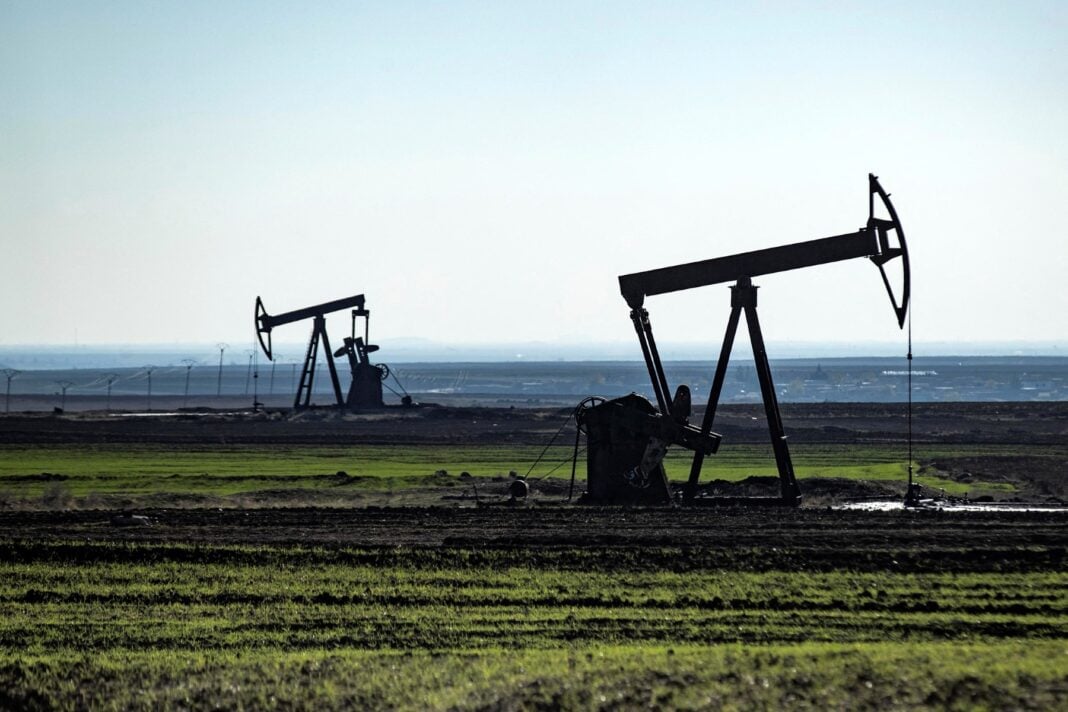Turkey is positioning itself as a key partner in Syria’s postwar recovery, focusing on rebuilding the country’s damaged energy infrastructure and reviving oil and gas production, according to reports by the Hürriyet newspaper and the state-run Anadolu news agency.
Turkish Energy Minister Alparslan Bayraktar has announced ambitious plans to collaborate with Syria’s new leadership, which ousted Bashar al-Assad in a lightning offensive earlier this month. Turkey aims to leverage its expertise and resources to address Syria’s acute power shortages and decimated energy sector.
Turkey has set its sights on opportunities in Syria’s oil and gas sector. Before the conflict, Syria produced approximately 600,000 barrels of oil per day, a figure that has now dropped to just 30,000 barrels, according to figures cited in Bloomberg and Anadolu reports.
Turkey’s proposals include revitalizing existing oil fields, constructing new pipelines and integrating Syrian oil exports into Turkey’s network.
“Long-term cooperation could include new oil and gas pipelines connecting Syria to Turkey’s export terminals,” Bayraktar said. These projects are expected to play an essential role in Syria’s reconstruction, providing much-needed revenue and resources for the country’s recovery.
Ankara has also proposed connecting Syrian oil pipelines with the Iraqi-Turkish pipeline, creating a broader regional energy corridor. Discussions are ongoing about utilizing Syria’s natural gas reserves for domestic consumption and export to Europe via Turkey.
Restoring electricity to war-torn regions
The protracted Syrian civil war, which lasted over a decade, has devastated the country’s energy infrastructure. Syria’s power generation capacity, once 8,500 megawatts, has fallen to just 3,000 megawatts in recent years, leaving large parts of the country in darkness, Bayraktar said in statements cited by Hürriyet.
According to Bayraktar, Turkey plans to close this gap by initially importing electricity to northern Syria while developing long-term solutions to increase the country’s production capacity.
“We need to provide electricity very quickly to the parts of Syria that do not have access,” Bayraktar said at a recent press briefing, as quoted by Hürriyet and Anadolu. “Initially, this will be done through imports. In the medium term, we will work with the new Syrian leadership to increase production capacity.”
Turkey is already supplying 210 megawatts of electricity to northern Syrian regions under its control, including Afrin and Idlib. Plans are underway to expand this capacity and repair critical transmission lines.
Turkey’s growing role in Syria has provoked mixed reactions. Neighboring Greece and Cyprus have expressed concerns over Ankara’s plans to negotiate maritime borders with Syria, which could impact energy exploration rights in the eastern Mediterranean. The tensions are reminiscent of disputes over similar agreements Turkey made with Libya in the past.
Turkey’s energy initiatives in Syria come amid broader international efforts to stabilize the war-torn country. Gulf states such as Qatar and Saudi Arabia have also expressed interest in aiding in Syria’s recovery, particularly in the energy sector.
While Turkey’s plans have the potential to transform Syria’s energy landscape, they face significant hurdles, including security risks and political instability.
Syrian Kurds, in particular the People’s Protection Units (YPG), which Ankara considers a terrorist organization linked to the outlawed Kurdistan Workers’ Party (PKK), remains a hurdle for the Turkish government. Tensions with the YPG complicate Turkey’s plans in the region, especially in areas with a significant Kurdish population.
